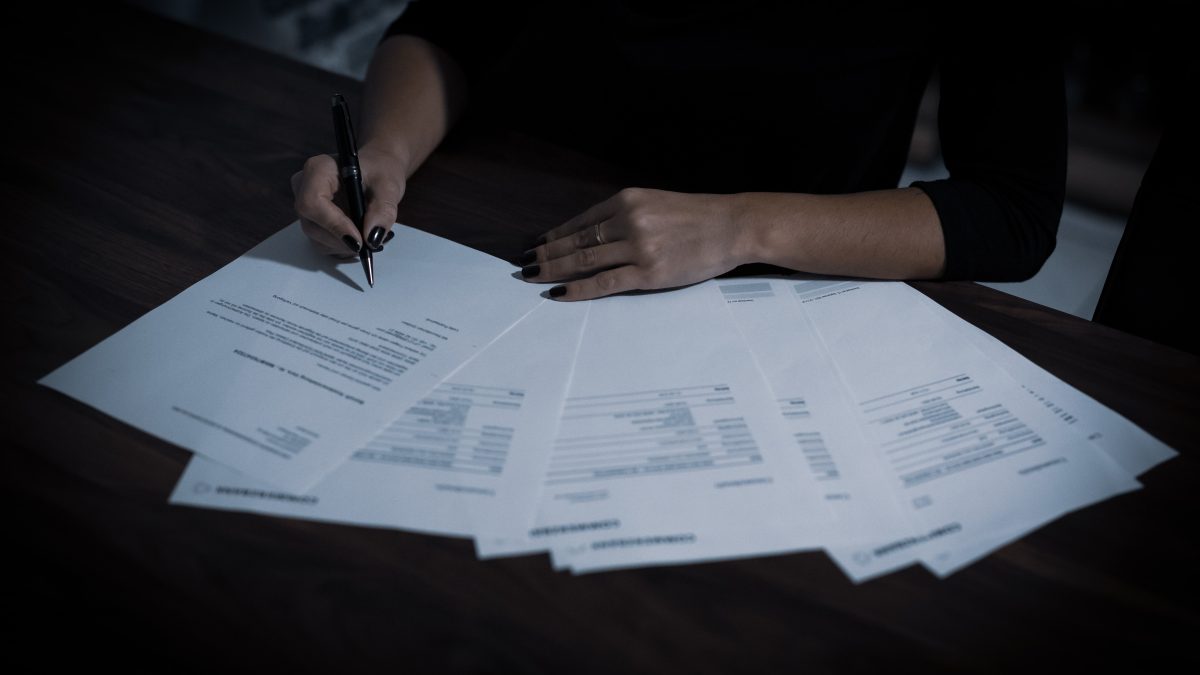- Have any questions?
- (850) 713-4866
- info@shorefront-investments.com
What Taxes Are Involved When Selling Your House?

Will Selling Your House Improve Your Credit Score?
May 27, 2022
Can You Sell A House with an On-Going Mortgage?
June 10, 2022Taxes. One of the banes to our existence. That’s one perspective, but taxes are also used to run the country, right? Wherever you are in the spectrum, we all have to go through them.
You clicked on the title, so let’s get into it: when you’re selling your home, what taxes do you have to look out for?
Disclaimer: We are not financial advisors, and this information is for education purposes only. Please don’t base your actions solely based on this article. Do your own research and consult professionals such as accountants or attorneys that specialize in this matter.
Capital Gains Tax: An Avoidable Terror
Your home is a capital asset, which means that it’s subject to capital gains tax. This means that if the home’s value has gone up, selling it would “earn” something for you, which does need to be taxed.
But, certain exceptions are there.
If you’re single, there aren’t any capital gains tax on the first $250K of profit. It’s higher if you’re married. It’s up to $500K! These are already exceptions, but the government always likes to complicate things a few levels deeper by putting exceptions to exceptions.
If you’re thinking of dodging pesky taxes by continuously flipping your house, you can’t do that. (We don’t even think that it’ll be profitable after moving costs are factored in.) You have to be living in that residence for at least two of the last five years. This qualifies the home to be a primary residence based on IRS standards.
The profits you gain from flipping your home are also taxed. Assuming that the home meets the primary residence IRS standard, you can exclude up to $250K for single persons and $500K for married persons (filing a joint return).
Take this example. If you bought a house for $500K, lived in it for three years and rented it out for two, then sold it for $600K, there’s no need to pay any capital gains tax since the excess of $100K is still under $250K (the exclusion amount).
However, if you sell it for $900K, it’s going to be a classic “good news, bad news” kind of situation. You’re happy for getting a ton of value of your initial investment, but you’re going to pay for a capital gains tax of 15% (this is written in 2021) for the excess amount of $150K.
The last one’s pretty simple, but there’s just a lot of numbers on this second example. Here’s a math formula to help you wrap your head around it.
$500K (initial value of the home) – $900K (value when you sold) = $400K (your profit)
$400K (your profit) – $250K (exclusion threshold for single people) = $150K (amount subject to 15% capital gains tax)
It’s important to know that if the amount subject to capital gains tax goes above $445,850, the rate turns to 20% for singles. For married filing jointly, it’s above $501,600. You can consult the charts on this article for more info.
Original Value of the Home
“How much is my house?” Don’t worry. It’s not a bad question to ask. In fact, because there are so many things that go into buying a home, it’s easy to get confused along the way. For tax purposes, it’s quite essential to know the adjusted basis. From the word “basis,” this is where you’ll be basing if you have a gain or loss from the sale.
To put it simply, the original cost of the home IS the amount you’re looking for. Your statement should show how much it is. It shouldn’t include stuff like insurance or association dues. But, it does include things that add value to the home. These include things like costs for kitchen renovations, air conditioning installation, a new roof, and many others. If you had the house constructed, then the price would include the value of the land and how much it cost to have it built (i.e., the amount paid to contractors, subcontractors, architects, utility providers).
This is key because making your adjusted basis higher helps in reducing your tax. But, there are things that would subtract from it. Depreciation is one of them. Others would be casualty losses or energy credits claimed to reduce tax bills during the house ownership.
For some people in mid-1997, postponing taxes on gains from selling homes was allowed. If by any chance, this applies to you (which IS possible), you’d have to reduce your adjusted basis by the amount of that gain.
What if you’ve only inherited the home? The original amount was the value when the previous owner died. There are special rules that apply if the person died in 2010, but for most of you that are reading this, this won’t apply.
There are tons of information to tackle here, but we’ll stop for now. If you want to learn more, you can check it from the sources listed below!
Topic No. 701 Sale of Your Home
Are you looking to sell your property? Try Shorefront Investments! We’re Florida-based real estate investors looking to buy and sell properties fast. You can give us a call at (850) 713-4866, send us an email, or fill a form on our front page! Want to buy properties instead? You could be one of our buyers by joining our buyers’ list!




